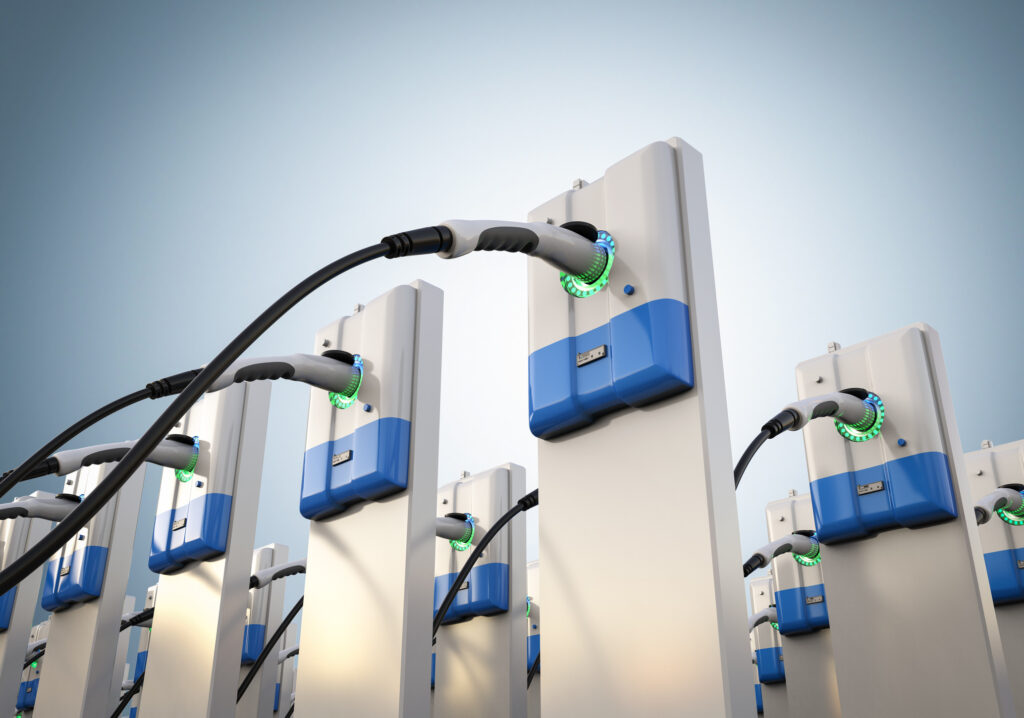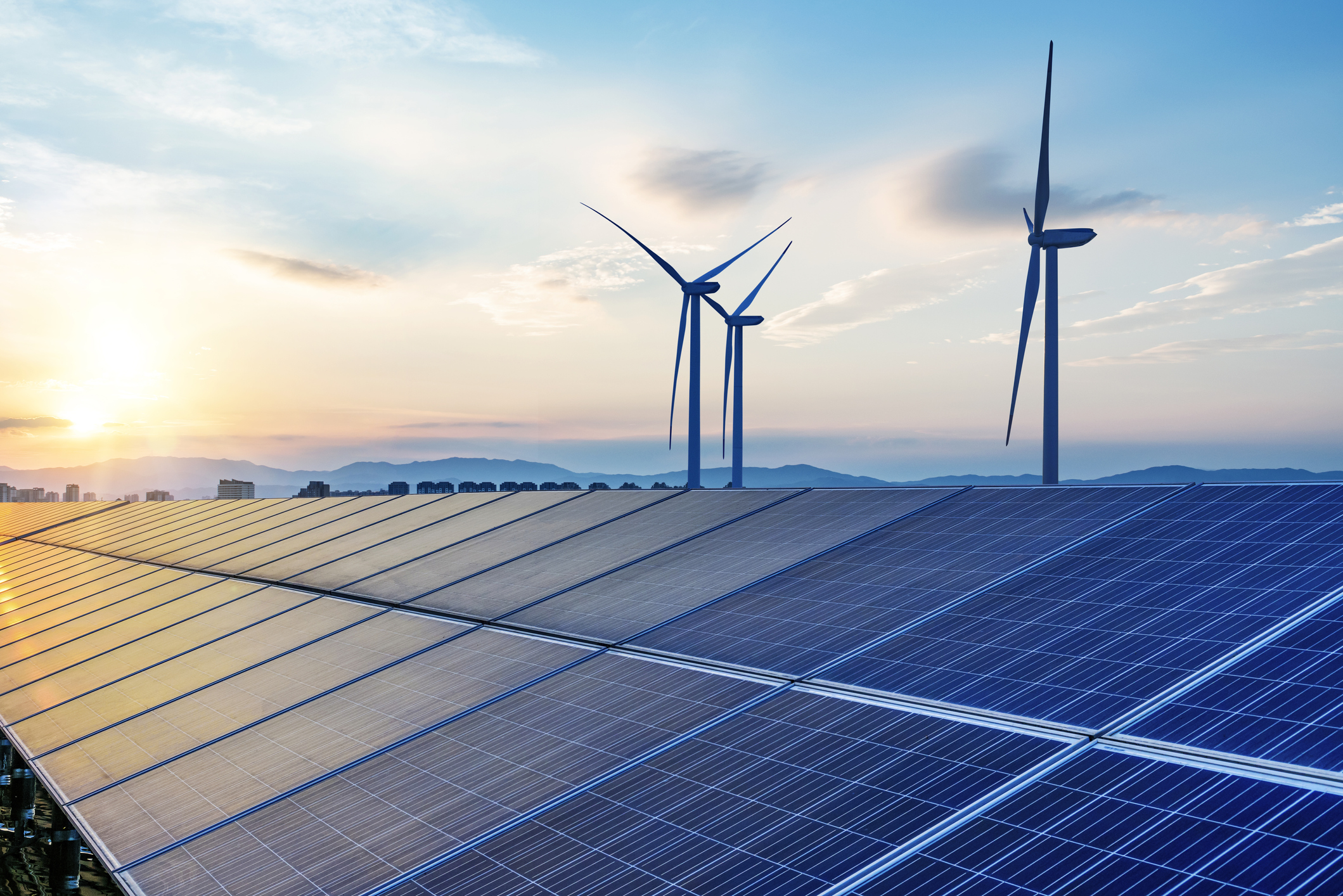
Electric Vehicles (EVs) are a key technology being promoted to decarbonize road transport, a sector that accounts for around one-sixth of global emissions. To further encourage the use of EVs, state governments have introduced myriad EV charging legislation to expand EV charging stations within public and private spaces. By smoothing regulatory hurdles and installing more EV charging stations, state governments hope to reduce air pollution and make EVs accessible to residents.
Maryland EV Charging Legislation for Housing Units Approved
In February 2023, Maryland lawmakers introduced House Bill 830 to clarify and establish regulations regarding EV charging within certain housing units. Maryland Governor Wes Moore approved the legislation on May 8, 2023. The law requires the Maryland Energy Administration to study the costs of requiring apartment buildings to include EV-ready and EVSE-installed parking spaces and the appropriate ratio of EVSE-installed parking spaces within housing units to support Maryland’s greenhouse gas emission reduction goals. Moreover, the Maryland Energy Administration must estimate the costs of installing at least 10%, 25%, and 50% of parking spaces with EV-ready or EVSE-installed charging stations.
New Hampshire Bill to Require EV Charging Infrastructure with Certain New Construction Projects
In January 2023, New Hampshire lawmakers introduced House Bill 606 to require the construction of state buildings or state-funded housing projects to contain EV charging infrastructure. For example, single-family and duplex dwellings where parking is provided would need to provide at least one EV-ready parking space per dwelling unit within all new construction. Moreover, construction documents would need to indicate the proposed location of future EV spaces and chargers and provide information about the required amperage.
New York EV Charging Legislation Requires EVSE on All New Buildings
In February 2023, Assemblymember Daniel O’Donnell introduced Assembly Bill 4173, requiring electrical vehicle supply equipment (EVSE) infrastructure on all new commercial and residential buildings. Aiming to reduce greenhouse gas emissions, this bill would require all new commercial and residential buildings that include off-street parking to install EVSE infrastructure. For example, this legislation would establish a ratio that for one parking space with EVSE infrastructure, there could be up to five parking spaces without EVSE infrastructure. However, such requirements would not apply to buildings with public parking spaces or those without designated parking spaces on their premises.
Colorado Updates Requirements for Implementing EV Charging to Improve Energy Efficiency
In March 2023, Colorado lawmakers introduced House Bill 1233 to change EV charging and parking requirements. Governor Jared Polis signed this bill into law in May 2023. The law requires the state electrical board to adopt rules that facilitate EV charging at multifamily buildings and prohibits the government from blocking the installation or use of EV charging stations. Furthermore, the law exempts EV chargers from business personal property tax and authorizes EV charging systems along highway rights-of-way.
Latest News
Photo credit: iStock.com/vlastas As states across the country wrestle with energy challenges and climate goals, lawmakers are increasingly turning to nuclear energy as a viable solution. Nuclear power, known for its reliability and zero-emission benefits, [...]
Photo credit: iStock.com/hrui States have grappled with addressing climate change and transitioning toward sustainable energy sources. A critical component of these efforts lies in implementing Renewable Energy Standards, or Renewable Portfolio Standards, which aim to [...]
Photo credit: iStock.com/NongAsimo Catalytic converters are a very valuable car part located beneath most motor vehicles. The devices convert harmful pollutants in internal combustion engine (ICE) exhaust gases into less toxic ones. According to David [...]
Photo credit: iStock.com/Fahroni In most of the United States, you can pull into a gas station and pump your own gas. However, according to the National Association of Convenience Stores, self-serve gas stations did not [...]






Stay In Touch